|
The Iron Curtain Returns with Gas Leaks ...
"This is a globally systemic event" said Timothy Ash, global strategist at Blue Ray Asset Management this week. Reacting to news of the Russian invasion of Ukraine, he added "Putin is redrawing an iron curtain across Europe." The iron curtain is returning, albeit with gas leaks. Gazprom continues to pump gas through Ukraine into Western Europe. Nord Stream 2 it would appear, is lost as an option for the moment. Putin had begun the big move on Ukraine, with formal recognition of the Eastern provinces of Donetsk and Luhansk. The "People's Republics" would fall under the protection of Putin's Duma. Many believed the advance into Eastern Ukraine would stop or at least stall to await the next stage. It was a strategy that had worked well for Putin. The objective, to create a series of buffer states, in defense of the Motherland. The challenge to bolster defenses against the encroachments of NATO. In the South, in Georgia, Armenia, Azerbaijan and Kazakhstan, Russian troops had been installed as peacekeepers. In the West, in Belarus, President Alexander Lukashenko, invited in Russian troops to support his tottering regime. Now the move on Ukraine to complete the line from Crimea to Kalingrad. No wonder the Baltic states of Latvia, Lithuania and Estonia are upgrading their alert status. The CIA had warned of a large scale invasion. The strategy and battle maps were uploaded to social media. It seemed impossible to think Putin would make the move. As kids we were brought up in the cold war era. We had lived through 1956 and 1968, the repression of freedoms in Hungary and Czechoslovakia. In 1962 we had lived on the edge of the Cuban missile crisis. We were warned to white wash the windows and sit under the staircase in the event of a nuclear strike. It was the MAD age in international diplomacy. The concept of Mutually Assured Destruction was rife in international strategy. One strike and everyone would die. Apart from the ruling elite who would be transferred to a five star underground base, with top line catering facilities. It was an expansionist era ended brutally for the Russian Empire by the 1980 move into Afghanistan.. The "great game" was over. It was an era confined to history or so we thought. Now Putin returns with a 1938 playbook. It didn't end well then, it will not end well now. As with Afghanistan, Ukraine could be a move too far for the Russian state. Sanctions imposed. The Russians will be excluded from the Eurovision Song Contest. More significantly, China is distancing itself from Russia. Foreign Minister Wang Yi said this week ... "China has been following the evolution of the Ukraine issue. The present situation is something China does not want to see". Indeed it is something the world does not want to see. Our thoughts are with the people of Ukraine ... the annexation of sovereign territory unthinkable in the era of peace and globalization ... Economic Impact ... A look at the map to the West, explains the fears of the Russian state to the East. Nation states fear encirclement. NATO additions of the Baltic states together with Romania, Bulgaria and Slovakia are cruel reminders to the Kremlin, of the loss of a Russian empire in a bye gone age. The possible additions of Georgia and Ukraine would put Belarus and Kalingrad at risk. The Putin playbook must sit in that context. It is important for the West to understand the mind set. So what will the economic impact be? Economists are seeking to measure the impact of sanctions and trade tensions with the Russian State. The risks are primarily to growth and inflation. Oxford Economics expect world growth to be impacted by just -0.5% over a three year period. In Russia, the damage to growth is most severe. A growth set back of 3% over three years seems in prospect. In Europe the output loss will be around 1.5%, slightly less in the UK at around 1.3%. The U.S. economy will be largely unaffected. One reason why U.S. markets rallied toward the end of the week. The second impact is on inflation. Food and energy costs the prime movers. Oil prices closed up in the week at $96 dollars per barrel, down from $105 the mid week highs. Gas prices were unchanged over the week. Gazprom keeps on pumping through Ukraine into Germany. The Russians seek to grab the "Breadbasket of Europe". Prices may rise. Let's hope a peaceful end to the conflict appears soon as the price of life continues to rise ...
0 Comments
Inflation, CPI basis edged higher to 5.5% in January, up from 5.4% in December. It was a modest move, made easier by the slow down in service sector inflation, to 3.2% from 3.4% prior month.
Goods inflation, on the other hand, increased to 7.2%. Food prices were up by 4.5%. Clothing and footwear costs up 6.5%. Furniture and household appliances up 10%. Electricity and gas bills were up by over 20%. Thinking of buying a second hand car? You will be paying almost 30% more than January last year. Filling up the tank will cost 25% more on average. Oil prices to blame. Oil closed down slightly at $92.66 at the end of the week. $92 dollars compares with an average $62 dollars last year, a 50% inflationary impact. Producer output prices increased to 9.9% in the month. Input costs for manufacturers increased by 13.6%. This was down on the 15% hike in November. A hint perhaps cost pressures are set to ease? Oil prices, metals and chemicals feature heavily in the cost burden. Food costs, both home grown and imported, are up by around 6%. Thanks heavens for the moment, we don't have to worry about the exchange rate. Sterling closed at $1.36 against the dollar.$1.35 is our forecast outlook. The Bank of England expects inflation to peak at just over 7% in April. Trending lower thereafter, towards 3% by the end of the year. In the U.S. inflation hit 7.5% in January. Prices are expected to ease to 3.5% by December. In Europe, inflation increased to 5.1% in January. The ECB expects inflation to return to the 2% target by the end of the year. The price surge, is part of the Tsunami after wave, of the seismic pandemic shock. Oil prices reflect constraints to output in Russia, North America and OPEC. Exacerbated by geopolitical tensions on NATO's borders, we still expect prices to soften into the year. The inflation impact then eases into the second half. In our Friday Forward Guidance we discuss the implications for interest rates in the U.S., U.K. and Europe. Interest rates are projected to end the year at 1.25% in the U.S. and the U.K. They may well be higher at 1.50%. We expect some follow me action by the ECB. One of the key issues for the MPC, is just what happens next to wages ... Labour Market Update ... Another incredible set of figures for the UK Labour Market. Unemployment fell to 1.374 million in December. Vacancies increased to 1.298 million in January. The unemployment rate was 4.1%. The UV rate, unemployed to vacancies rate, was just 1.06. The number in employment was 32.5 million. That's down from 33.0 million in the first quarter of 2020. 8.8 million were classified as inactive, compared to 8.5 million in Q1 2020. More in employment, up by 400,000. Fewer self employed, down by 800,000. More working full time, up by 700,000, fewer working part time, down by 300,000. 300,000 more now inactive. It all makes for a challenging recruitment market. Earnings increased by 4.3% in December, down from the peak of 8.8% in June. The trend is tracking our forecast model. We expect earnings to average around 3.5% by the end of the year. The real earnings squeeze in the first half of the year should ease by the final quarter. The Governor of the Bank of England has issued a warning about high wage demands. Higher base rates will be the result of excessive earnings increases. Recruiters are struggling to meet jobs quotas. Turnover rates are increasing. It doesn't make for a modest pay round this year. Central bankers are taking away the punch bowl. Time to pay for your own drinks ... The First Quarterly Estimate of GDP growth in 2021 was released this week. GDP growth increased by 7.5% compared to prior year. The number was exactly in line with our central forecast. It could well edge higher in subsequent releases.
Construction growth was up by 12.7% in the year, following a 16% setback in 2021. Service sector growth underpinned the recovery, up by 7.4%. Manufacturing increased by 7% following a 9% downturn in 2020. Output stalled into the second half of the year, as component shortages and supply side difficulties increased. Levels flat lined in the final quarter. There is a problem within the data set. The estimate for manufacturing output will be revised up to 8% or more in later releases, pushing overall GDP growth towards our higher 8% level. We model GDP(O) in our forecasts for the economy. It is the closest comparison to business modeling one can get. No theoretical overlays besetting the expenditure models. We also model trade. The revisions to the trade figures reveal an increase in the trade in goods deficit to £156 billion from £139 billion prior year. At 7% of GDP this of itself is problematic. More concerning, the trade in services surplus fell to £127 billion from £132 billion. Even as the tourism deficit fell. The overall trade deficit increased to £29 billion from the £3 billion surplus prior year. At just over 1% of GDP, that's hardly stuff for a balance of payments crisis. Enough to ensure capital flows will cap any real upside for Sterling. The Benefits of Brexit ... Reading this week "The Benefits of Brexit" it runs to 105 pages. Particularly inspired by the ability to use the crown stamp on pint glasses, moved to tears by the return of the "iconic blue passports". " This marks "A return to their original appearance of the color first introduced in 1921". David Lloyd George was in office, car tax discs were introduced and the PM moved into Chequers. Excellent! Good news Jacob Rees-Mogg has been made minister for Brexit opportunities. It will begin with a trawl through the Benefits of Brexit document to begin with. First having completed the search for the holy grail. Good news, the trade in goods deficit with the EU fell by 20% last year to £70 billion. Not so great really, the deficit with the rest of the world doubled to £80 billion. Truly global Britain offering greater import opportunities around the world. Markets Excite About Base Rate Hikes ... Markets are impressed by the growth data. They now assume the Bank of England will be more aggressive in tightening monetary policy this year. In our Friday Forward Guidance, we plug in a base rate forecast 1.25% by the end of the year. In the US, traders now expect a 50 basis point rise by the Fed in March. Super hawks in the UK now think a similar hike could be possible by the Bank. Base rates would end the year at 2%.. This would seem to be at odds with the statements from Governor Andrew Bailey and Chief Economist Huw Pill. Step by step, steady and sure the mantra. Bond yields failed to hold the 1.50 level at close. Watch our for our Friday Forward Guidance for regular updates. So what of growth this year? Watching the NIESR Economic Outlook update yesterday, the NIESR forecast for growth in 2022 is 4.8% compared to the rather gloomy Bank of England estimate of 3.75%. Analysts are concerned about the cost of living squeeze and the rise in taxation and interest rates. For the moment we still think growth could be around 5% or more this year. The output gap to trend will average 4% through the year. Capacity to be realised. The recovery continues. The Bank will be cautious about killing the bounce back. We will expand on this in greater detail in the weeks to come, no doubt. "The Benefits of Brexit", "The Leveling Up Agenda", "Sound Bites and Sophistry" Tory back benchers are nervous. Two years to go to the next election. Time is running out as tax hikes and rate are brought in ... That's all for this week really looking forward to Our Monday Morning Market Update next week. Markets steady, Bond Yields Surge, Crypto Rallies, Tech Stocks Tormented, Sterling Higher, Don't Miss that! Have a great weekend, Leveling Up : United Kingdom ... Child Poverty The Missing Metric in the Leveling Up Agenda ...10/2/2022 Writing in the Times this week, David Smith, Economics Editor of the Sunday Times said "I find it hard to disagree with the more robust assessment provided by the Oxford Economics consultancy."
The report said: “The leveling-up white paper contains nothing to cause us to revise our forecasts for the UK’s various nations and regions, let alone the UK as a whole. While it contains many fine sentiments, there’s little that is new or significant. “Many of the targets and missions outlined are pre-existing or vague, with little of substance in the scale of resources committed or the delivery mechanisms and projects involved." Child Poverty The Missing Metric in the leveling up agenda ... The government announced 12 missions and 49 metrics in the leveling up agenda. Much on health, education and well being, not much on child poverty. Child Poverty is 40% in Rochdale and 4% in Richmond. Child Poverty really is the Missing Metric In the Leveling Up Agenda. Here are six of the twelve key objectives. SMART Objectives? "Specific, Measurable, Achievable, Realistic, Time bound", you be the judge. Mission 5: By 2030, the number of primary school children achieving the expected standard in reading, writing and maths will have significantly increased. Mission 6: By 2030, the number of people successfully completing high-quality skills training will have significantly increased in every area of the UK. Mission 7: By 2030, the gap in Healthy Life Expectancy (HLE) between local areas where it is highest and lowest will have narrowed. By 2035 HLE will rise by five years. Mission 8: By 2030, well-being will have improved in every area of the UK, with the gap between top performing and other areas closing. Mission 9: By 2030, pride in place, such as people’s satisfaction with their town centre and engagement in local culture and community, will have risen in every area of the UK. Mission 11: By 2030, homicide, serious violence and neighbourhood crime will have fallen, focused on the worst-affected areas. Twelve Missions and Forty Nine Metrics are included in the leveling-up white paper. Child Poverty is the Missing Mission and Metric in the leveling up agenda. An investment in the reduction of levels of Child Poverty across the regions would do much to accelerate the targets for health care, well being, education and skills. Early stage investment in Child Poverty reduces the later costs to the economy in healthcare, social care and education. It may even lead to the great nirvana of higher productivity in later life. 40% in Rochdale and 4% in Richmond, Child Poverty is the Missing Mission and Metric in the leveling up agenda. Why not include Child Poverty? That really is a SMART objective ... The Bank of England increased base rates by 25 basis points on Thursday. It could have been worse. Four members of the MPC voted for a 50 point increase.
Inflation is expected to peak at around 7.25% in April. The squeeze on incomes will be the most severe since Ed Conway was a lad. Post tax incomes are expected to drop by 2%. Growth in the year is expected to slow to 3.75%. It gets worse next year, the growth rate drops to just over 1%. The Governor is worried about the impact of energy costs. Households are in for a difficult period, he warned. Ofgem announced a huge 50% plus hike in the energy cap. The cap will rise by £693 to £1,971 in April. He needn't have worried over much. Over in the House of Commons, Chancellor Rishi Sunak was explaining how the Treasury will help with household energy bills. National Insurance charges will go up. Council taxes will go down. Every household will be given £200 subsidy in September, to be paid back over four years. It was difficult to know just what to watch on Thursday. The Chancellor in the House. The Governor in The Bank. Or the Sky News live count of special advisers leaving Downing Street. To bolster up support on the back benches, more detail of the leveling up agenda was revealed. Michael Gove is to relocate to Wolverhampton. Andy Haldane, co-author of the report, explained the UK should be like Renaissance Florence. An emphasis on the discovery of new worlds perhaps, the government is accelerating the Medici income inequality gap to match the period, OK. Leveling up will be great. If every area in the country moves above average, the income growth will just about enough to pay for the NHS. Our new report "Truly global Britain, leveling up, in a country that works for everyone, with a balanced economy and a march of the makers, not along the M20 because it's full of lorries stuck in traffic" will be out soon. The Governor announced new tools to fight inflation ... The Governor announced new tools to fight inflation. Rising rates, the end of QE and a request to workers not to ask for a big pay increase. Andrew Bailey wants to see, "Clear Restraint" in the annual wage bargaining process. Ouch! Sharon Graham, the Gen Sec of Unite said "Why is it, every time there is a crisis, rich men ask ordinary people to pay for it". It was a bit of an own goal. Number Ten played the offside rule. The Prime Minister's official spokesman said pay restraint was not something the Prime Minister was asking for. "We want a high wage, high growth economy and we want people's wages to increase". The Governor should butt out and stick to hiking rates. Good to know policy makers are on the same page. The lack of documentation for industrial strategy and energy policy doesn't help. Sound bites and photo ops hardly the solution. Misleading statements on key stats compound the problem. The Prime Minister and Home Secretary were rebuked by the UK stats authority. It may be correct, "We are cutting crime by 14%" as long as fraud and computer crime are not included, small detail. Priti Patel is still fuming, a demand to send our aircraft carrier to the Channel to bomb the migrant dinghies, refused by the Royal Navy. The ship with planes is currently on manoeuvres in the Baltic Sea, the Black Sea and the Taiwan Straits, bit stretched. Over in Beijing China is hosting the Winter Olympics. An expression of peace, co-operation and friendship the theme. Western leaders are absent. Putin holds a starter pistol. A new gas contract in his pocket. Add no foreign policy to the missing documentation for government ... That's all for this week really looking forward to Our Monday Morning Market Update next week. Markets steady, Bond Yields Surge, Crypto Rallies, Tech Stocks Tormented, Sterling Higher, Don't Miss that! Have a great weekend, John To understand the markets, you have to understand the economics ... Friday Forward Guidance, The Saturday Economist, Monday Morning Markets ... Forward to a Friend of Colleague, the can register for our FREE updates here. It's Only Fair To Share ! |
The Saturday EconomistAuthorJohn Ashcroft publishes the Saturday Economist. Join the mailing list for updates on the UK and World Economy. Archives
July 2024
Categories
All
|
| The Saturday Economist |
The material is based upon information which we consider to be reliable but we do not represent that it is accurate or complete and it should not be relied upon as such. We accept no liability for errors, or omissions of opinion or fact. In particular, no reliance should be placed on the comments on trends in financial markets. The presentation should not be construed as the giving of investment advice.
|
The Saturday Economist, weekly updates on the UK economy.
Sign Up Now! Stay Up To Date! | Privacy Policy | Terms and Conditions | |
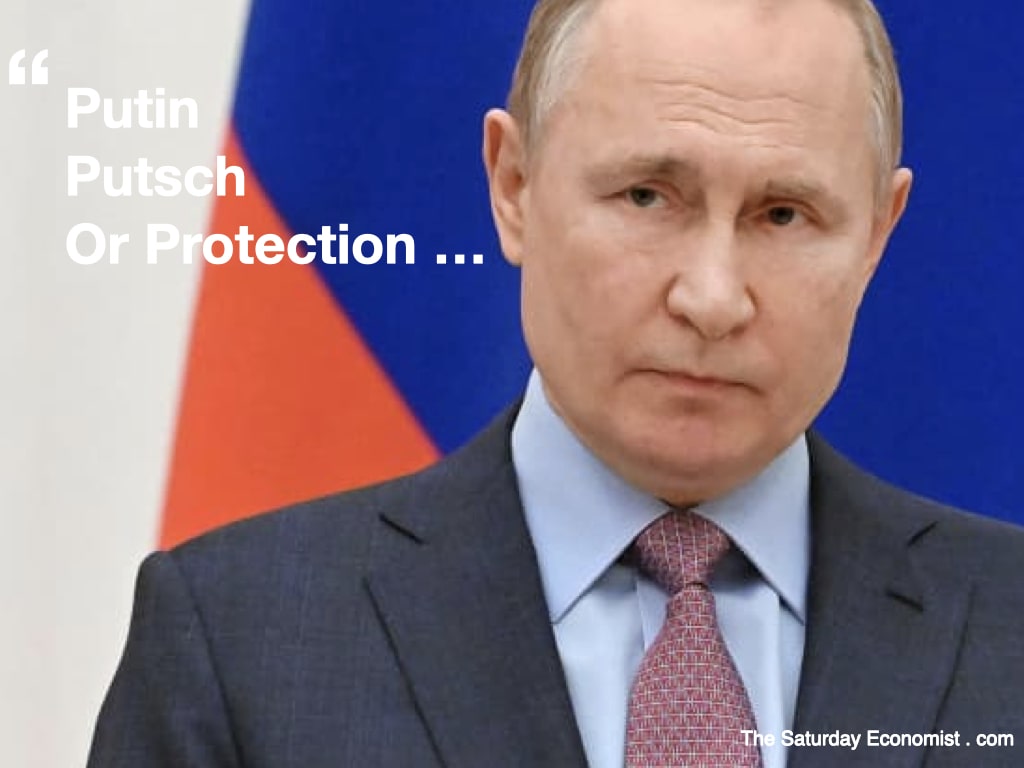
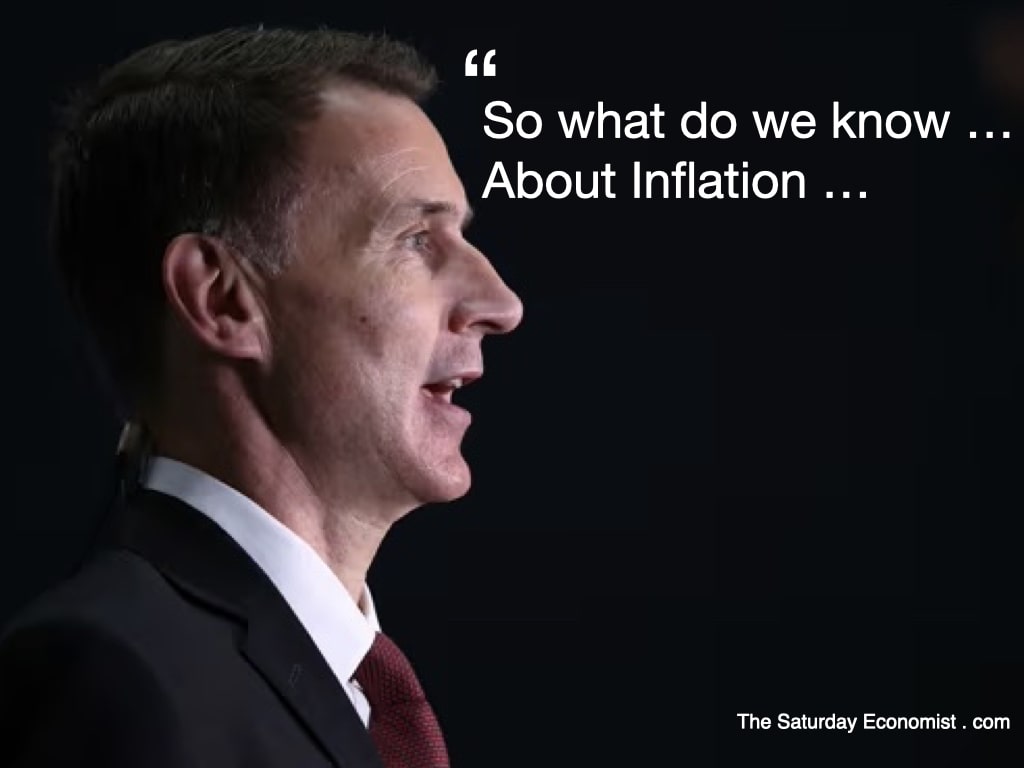
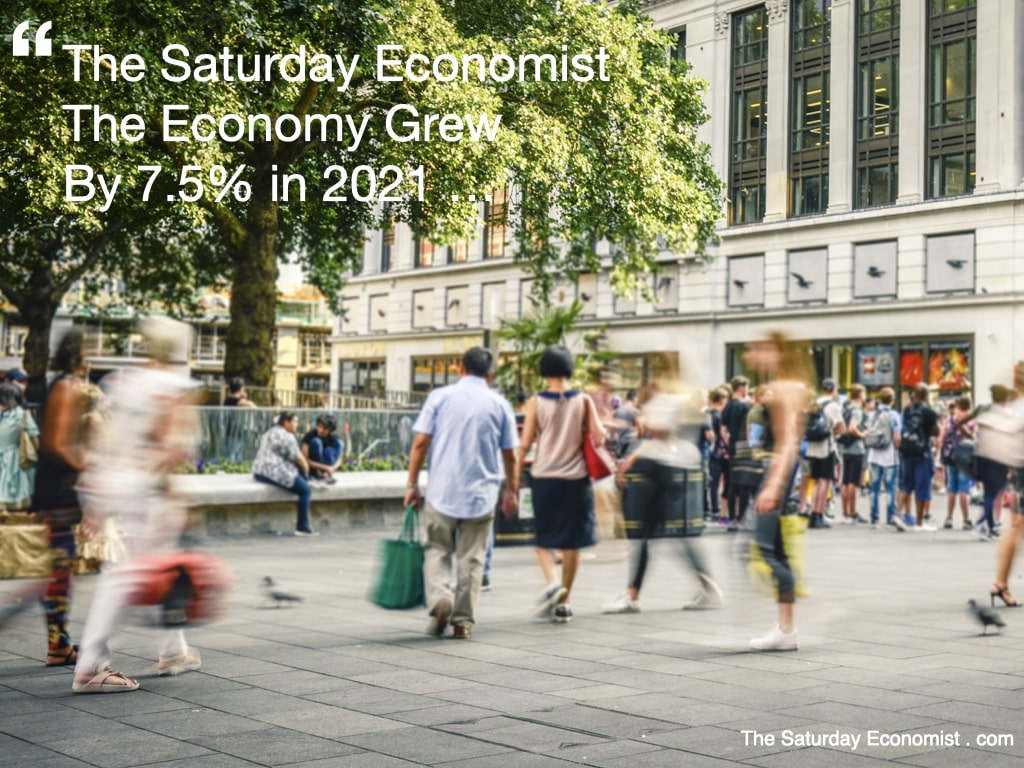
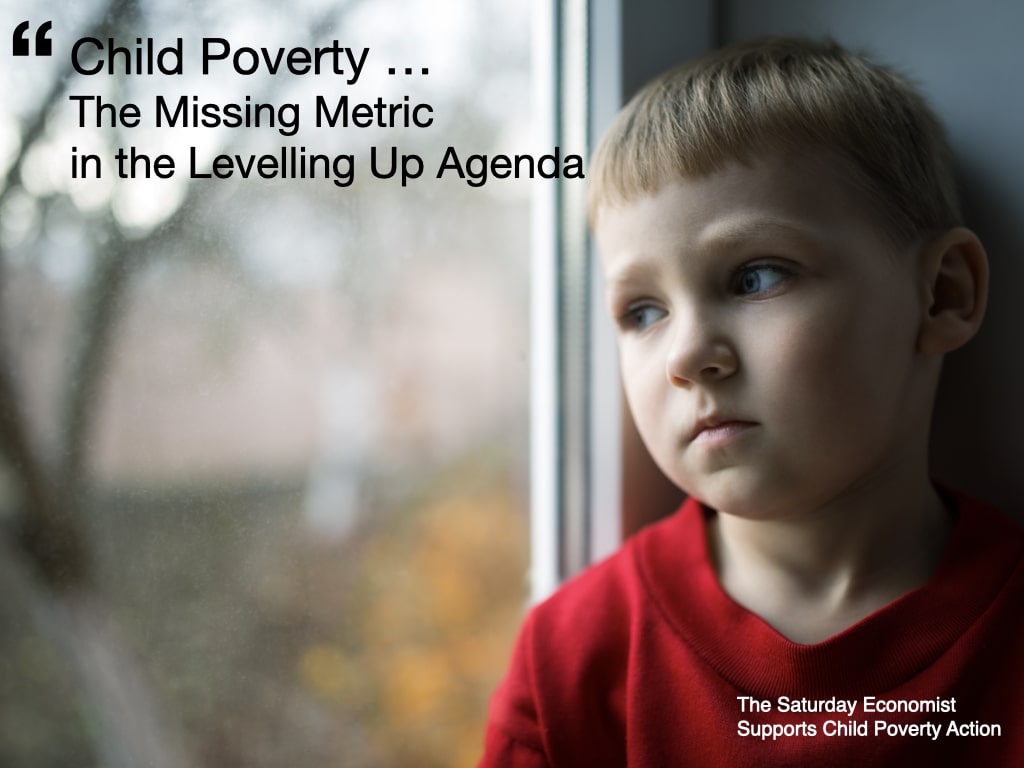
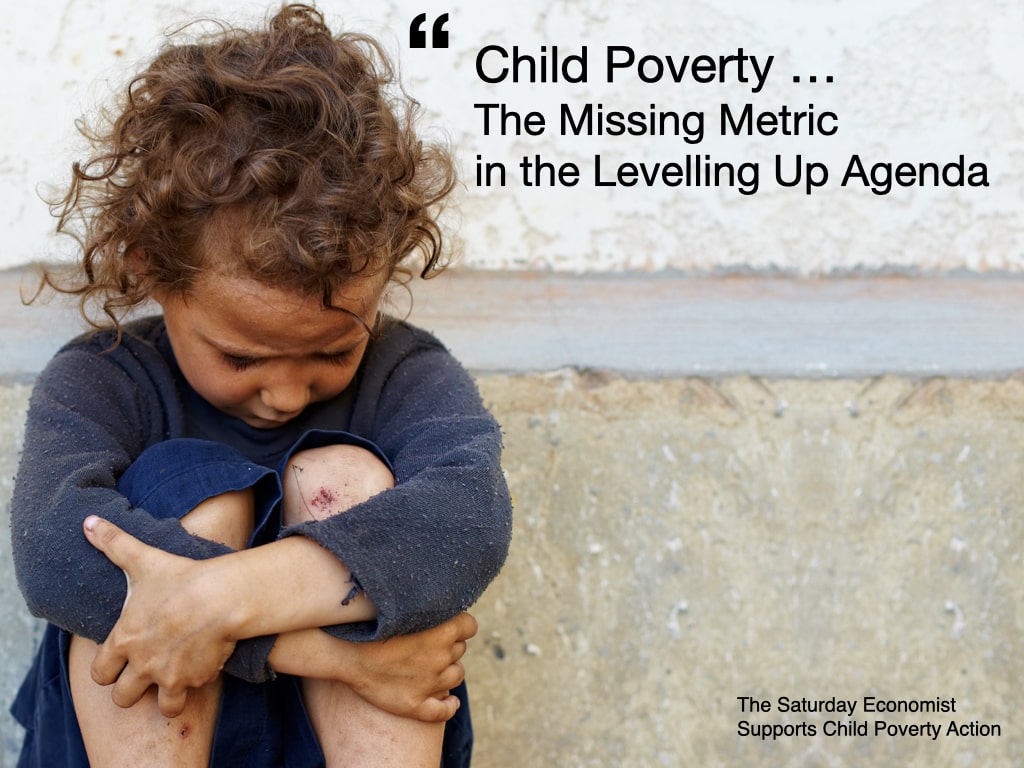
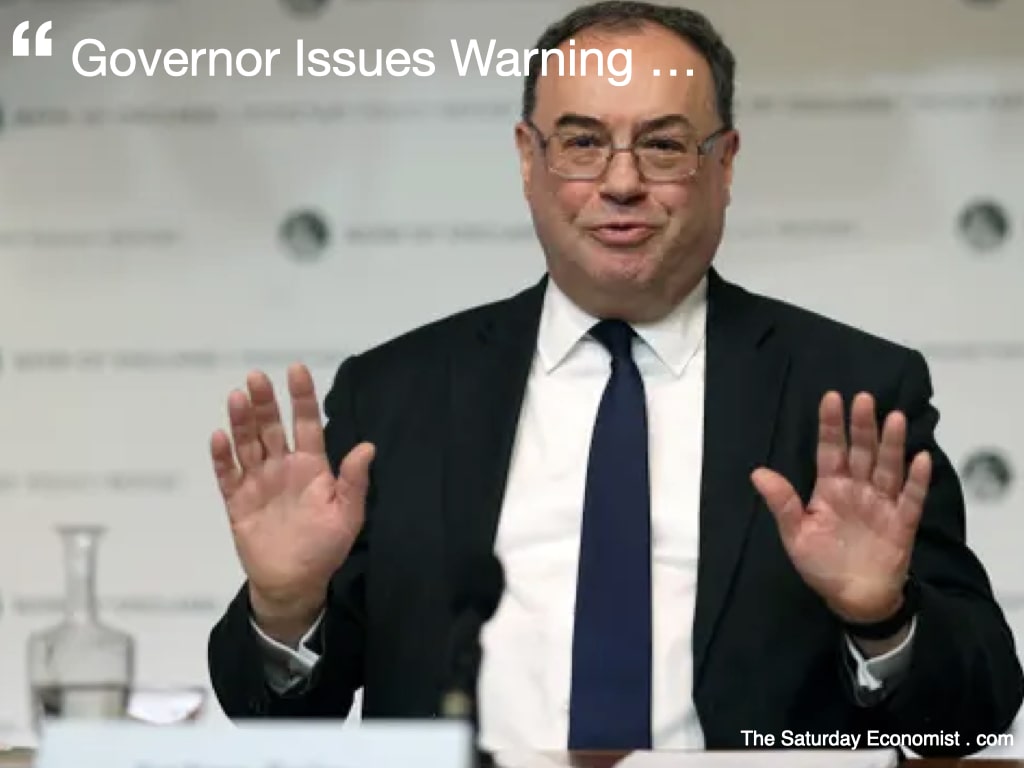
 RSS Feed
RSS Feed